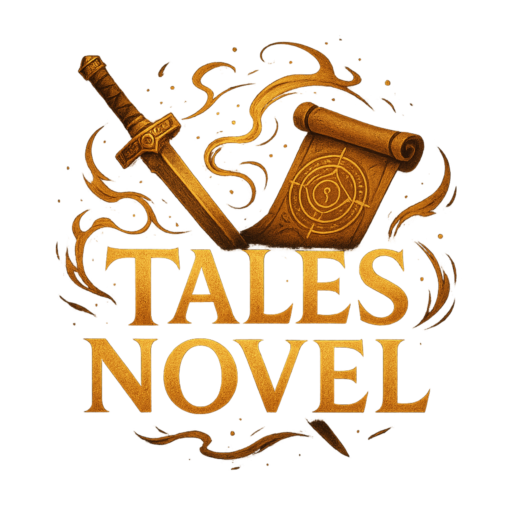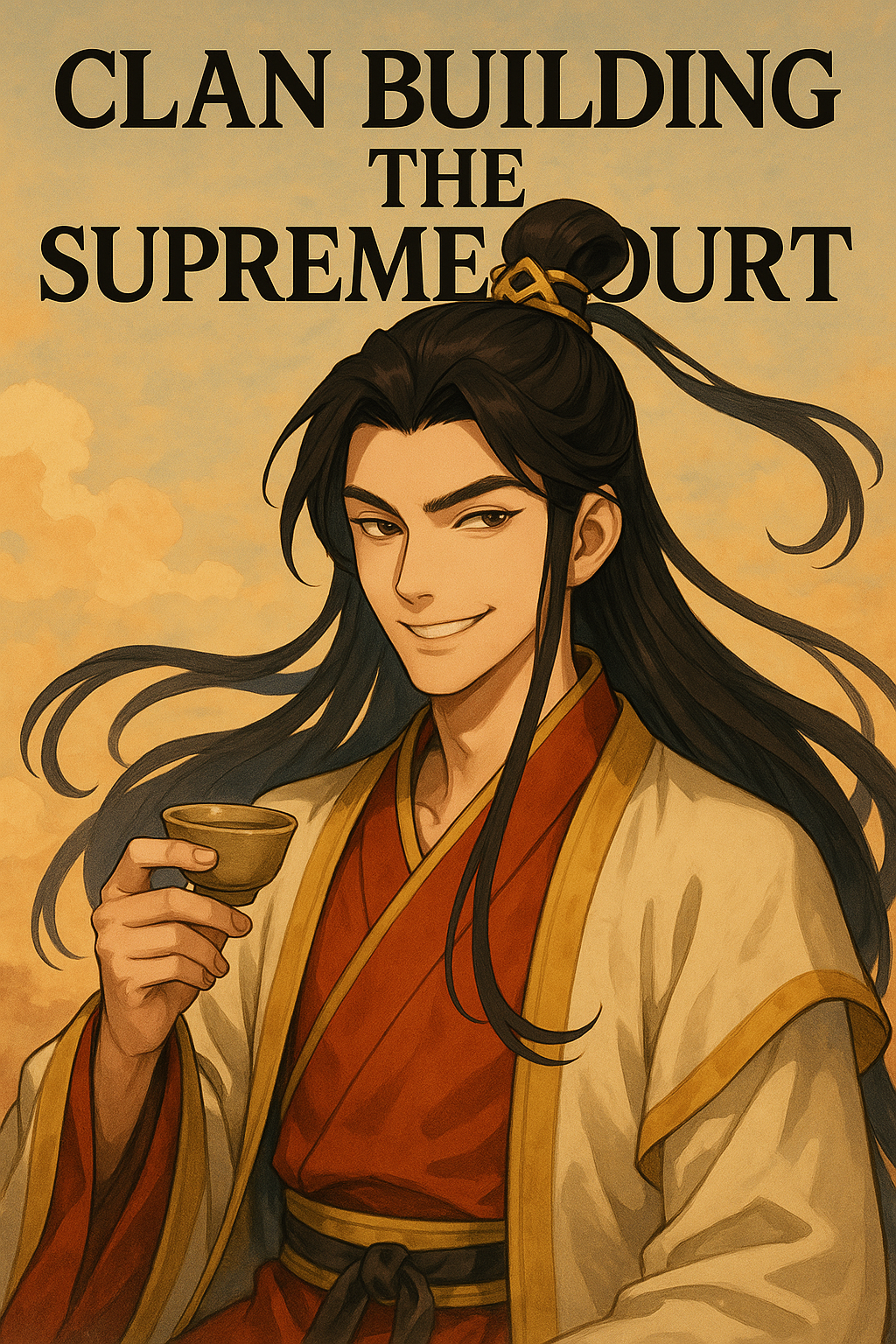The divine pantheon across the land of Zhu Xia (the ancient cultural territory of China) had always been incredibly complex.
Broadly speaking, it could be categorized in two ways:
One was state worship versus folk worship.
The other was secular deities versus religious celestials.
State worship «official sacrifices» referred to those deities officially recognized and worshiped by the imperial court—usually to reinforce the emperor’s divine legitimacy. These could only be formally sacrificed to by the emperor himself. Examples include the ancestor celestials of the Ji-Zhou Dynasty, the Taiyi celestial inherited from the ancient state of Chu by the Han Dynasty, and later, the Supreme Emperor of Heaven (Haotian Shangdi).
Folk worship «folk worship», on the other hand, included all the deities that the common people were allowed to worship on their own. These celestials were not part of national-level state rituals but could still be prayed to and offered incense.
However, it was important to note: sacrificing and offering incense were not the same. Even celestials designated for official state worship often had temples where ordinary people could burn incense and make vows. But large-scale rituals—formal sacrifices meant to communicate with divine powers—were strictly state affairs. The right to perform such sacrifices had been seized from the hands of ancient shamans by kings and emperors—and had never been relinquished since.
As for the secular vs. religious division, that used a different lens.
Secular celestials were those formed organically from the people’s long-standing social traditions. They had no clear affiliation with religious doctrine. Examples included the famous Erlang Shen, various Dragon Kings, Earth celestials, Mountain celestials, City celestials, and Water Spirits—all popular and widely worshiped.
Religious celestials, meanwhile, were those derived directly from the scriptures and teachings of Buddhism or Daoism.
Amusingly, due to the long-standing rivalry between these two faiths, it became common for the same celestials to appear in both Buddhist and Daoist pantheons—often with different titles!
Buddhism: «Nice celestials you got there. Mind if I borrow him?»
Daoism: «What a coincidence—I was just thinking the same thing!»
Each sect shamelessly tried to claim celestials for themselves, rewriting stories, pulling in even secular folk celestials and giving them «ancient sect lineage,» all to support their own mythologies. The result was a divine catalog that was… a total mess.
Of course, neither classification system could fully sort out the thousands of celestials and Buddhas across Zhu Xia. Some celestials were just too tricky—constantly switching identities and deliberately blurring their origins.
Right, Erlang of Guan’kou?
Right, Sea-Conquering Great celestial of the Three Altars?
Right, Lord Guan, who in secular tradition is the Demon-Quelling celestial and celestial of Wealth, but in Buddhism is the Garan Bodhisattva and Ancient Buddha Who Covers the Heavens, and in Daoism becomes the Assistant Emperor of Heaven, or the Sky-Marching Heavenly General?
Moreover, some celestials, even those theoretically forbidden for commoners to worship, still found their way into household altars over the generations.
Take Donghuang Taiyi, for instance—the Supreme celestial of the Ancient State of Chu. When the Han Dynasty rose to dominance (and Liu Bang’s hometown of Pei County happened to lie in former Chu territory), the Han inherited Taiyi as their own supreme sacrificial celestial .
However, Confucian scholars argued that worshiping Taiyi was irrational. Thus, by the mid-late Han, the official celestial of state rituals shifted to Haotian Shangdi.
But in the old lands of Chu, commoners never gave up their faith in Taiyi—and his worship continued, quietly passed down through the generations. There were even signs it had spread beyond Chu’s original territory.
«…According to local legend, Mount Zi was where the celestial Taiyi first descended to the mortal world! There’s still a Taiyi Shrine nearby. Every year on the fifteenth day of the first lunar month, mountain shamans come to conduct rituals. The whole Taiyi festival is super lively!»
Nüwa was talking with animated excitement, almost as if she could already see crowds kneeling down in worship before Xuan Yuan , treating him as Donghuang Taiyi himself.
«Why Taiyi?» Xuan Yuan raised a brow.
«Couldn’t it be some other celestial ?»
«Because in all the folklore about Mount Zi, there’s only one divine figure—Donghuang Taiyi,» Nüwa grinned, flashing white teeth.
«How does it feel to be an ancient primordial celestial?»
«You’re Nüwa, aren’t you? How come I haven’t seen you sculpting little people with clay?»
«As if I couldn’t!» Nüwa puffed out her cheeks and glared at Xuan Yuan .
«In fact, I’ve got some good news! The Goldman production line still isn’t fully operational, but I managed to cobble together enough working parts to build a prototype. Come look—I really can make people!»
«Master, Master! Why don’t you become a Goldman too? If you agree, I can upload you into a mech body!»
«Flesh is weak. Mortal bodies have limits. Mechanical ascension is the true path forward!»
Xuan Yuan soon got a look at this so-called Goldman.
It stood nearly three meters tall, its body forged from an unknown alloy. Hulking and powerful, clad in bright ceremonial armor, it wore a phoenix-plumed helmet and a full-face visor. Under the sunlight, it gleamed brilliantly—a perfect image of a celestial general from the Heavenly Court.
«What’s with this aesthetic?» Xuan Yuan glanced sideways at Nüwa.
«It matches the style!» Nüwa said proudly.
«I couldn’t exactly make it look like some sci-fi robot from the future, right? But like this—anyone who sees it will assume it’s a heavenly soldier.»
«How could the mighty Donghuang Emperor not have divine troops under his command?»
Xuan Yuan ignored her playful antics and walked around the Goldman, knocking gently on its alloy frame, marveling at the craftsmanship.
«What’s it called?»
«It’s the Mark IV Type-J Autonomous War Machine, but I also gave it an ultra-cool name—Heavenly Soldier!»
Xuan Yuan :« ……………»
He was silent for a while. Then he gave Nüwa a side glance:
«You spent all that time… and came up with something so plain? Even ‘Divine General’ would sound better.»
«Divine General is for future upgraded models. This one doesn’t deserve it yet!» Nüwa replied seriously.
«Besides, ‘Heavenly Soldier’ has a bonus feature.»
«Oh?» Xuan Yuan raised an eyebrow, curious.
Did this thing have some hidden function?
Nüwa grinned:
«When you’re in danger, you can righteously yell—
‘Heavenly Soldiers, where are you!? Save me!!’»
«Wake up,» Xuan Yuan replied dryly.
«America’s gone. Didn’t you say the Americas in this era are uncharted wilderness?»
They laughed together—swapping memes from a world now lost to time.
Eventually, Nüwa turned serious again, giving a full briefing on the Goldman’s capabilities.
It came with:
-
- Basic autonomous AI and voice recognition.
-
- Single-soldier grenade launcher.
-
- One anti-materiel sniper rifle.
However—
«Electric-powered? You’re telling me this thing runs on batteries? I thought it had a miniature nuclear reactor!»
«I haven’t even managed to get a standard reactor working yet. You want me to build a miniaturized one?» Nüwa threw up her hands.
«This thing took a ton of effort to build from whatever scrap I could salvage. There’s only one for now.»
«Just make do for the time being. Once I restore my tech and find the right minerals for reactor fuel, I’ll give it a proper upgrade.»
«Didn’t you complain about being cooped up in the mountain?» she added.
«You can start by having it build you a house.»
Xuan Yuan stroked his chin, eyes scanning the nearly three-meter tall »Heavenly Soldier.» After a pause, he nodded with satisfaction and gave a grand wave of his hand:
«Excellent. First order of business—build me a mansion right here!»


Comments for chapter "Chapter 6 - Heavenly Soldiers? Somebody Save Me!"
MANGA DISCUSSION